World Mental Health Day was marked on Friday, 10 October, but the conversation should not stop there. Across Nigeria, more people are realising that mental health is real, and films have become vital tools to tell stories that statistics cannot. They show quiet struggles, raw emotions and real hope. This weekend is the perfect time to settle in and keep the message alive. Whether alone or with loved ones, these five films open eyes and hearts.
The Perks of Being a Wallflower
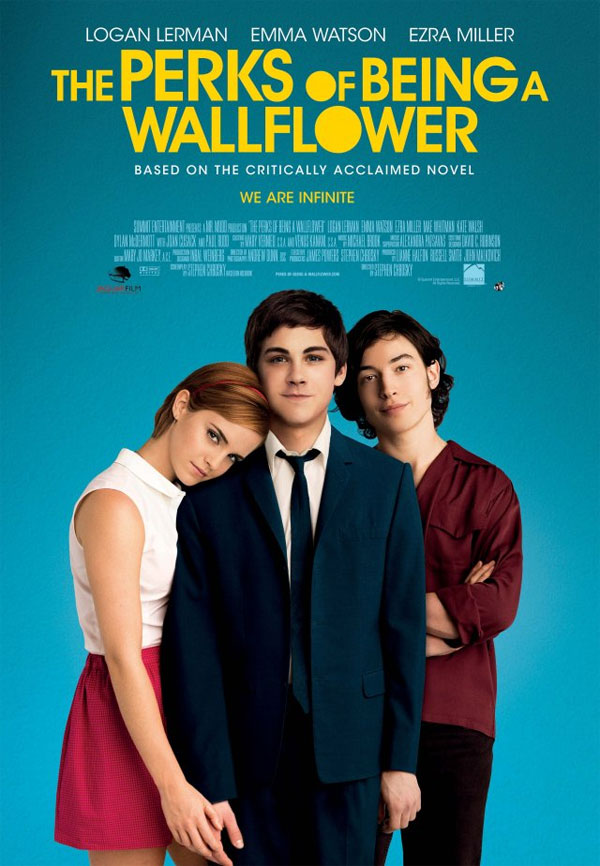
Charlie is a quiet teenager starting high school with heavy emotional baggage. Haunted by childhood trauma and the recent suicide of his best friend, he keeps to himself until he meets Patrick and Sam, two seniors who welcome him into their circle. Through friendship, music, laughter, and writing, Charlie slowly opens up and confronts his past. Produced by Lianne Halfon, this film captures what it means to carry unseen pain as a young person. It shows how friendship, painful honesty, safe spaces and trusted adults can make the difference between silence and healing. It doesn’t rush the process but lets Charlie’s journey unfold with tenderness. A must-see for anyone seeking to understand how emotional struggles often live beneath silence.
Manchester by the Sea
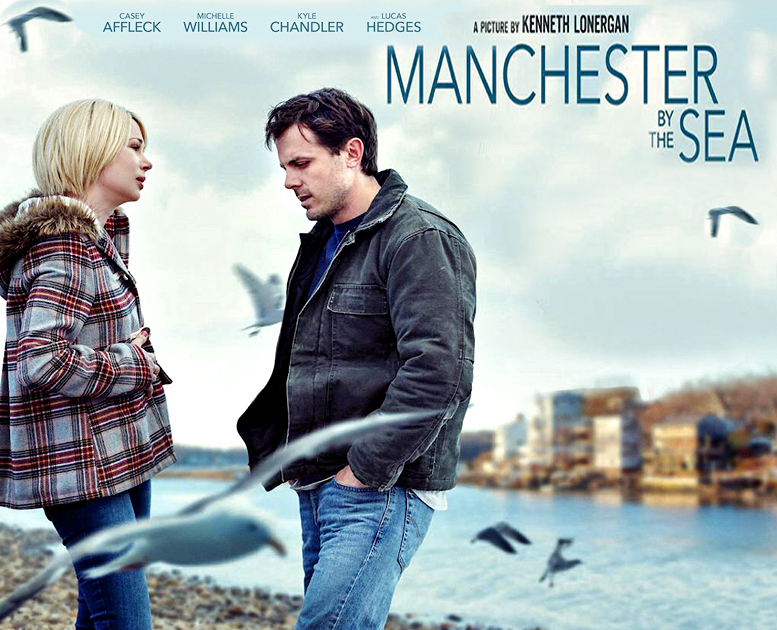
Lee Chandler lives with unimaginable grief. Years after a tragic fire destroyed his family, he isolates himself, working quietly as a janitor in Boston. When his brother dies, Lee is named guardian of his teenage nephew and must return home to face the memories he buried. Directed by Kenneth Lonergan, the film shows how grief and depression affect his choices, behaviour, and relationships. There are no big speeches or sudden breakthroughs. Instead, you see silence, awkward conversations, anger and small moments of care. Lee’s struggle to parent his nephew while carrying his own pain shows how healing is not always neat. The film offers a moving portrayal of grief and resilience, reminding viewers that recovery doesn’t always mean closure but continuing to show up.
A Beautiful Mind
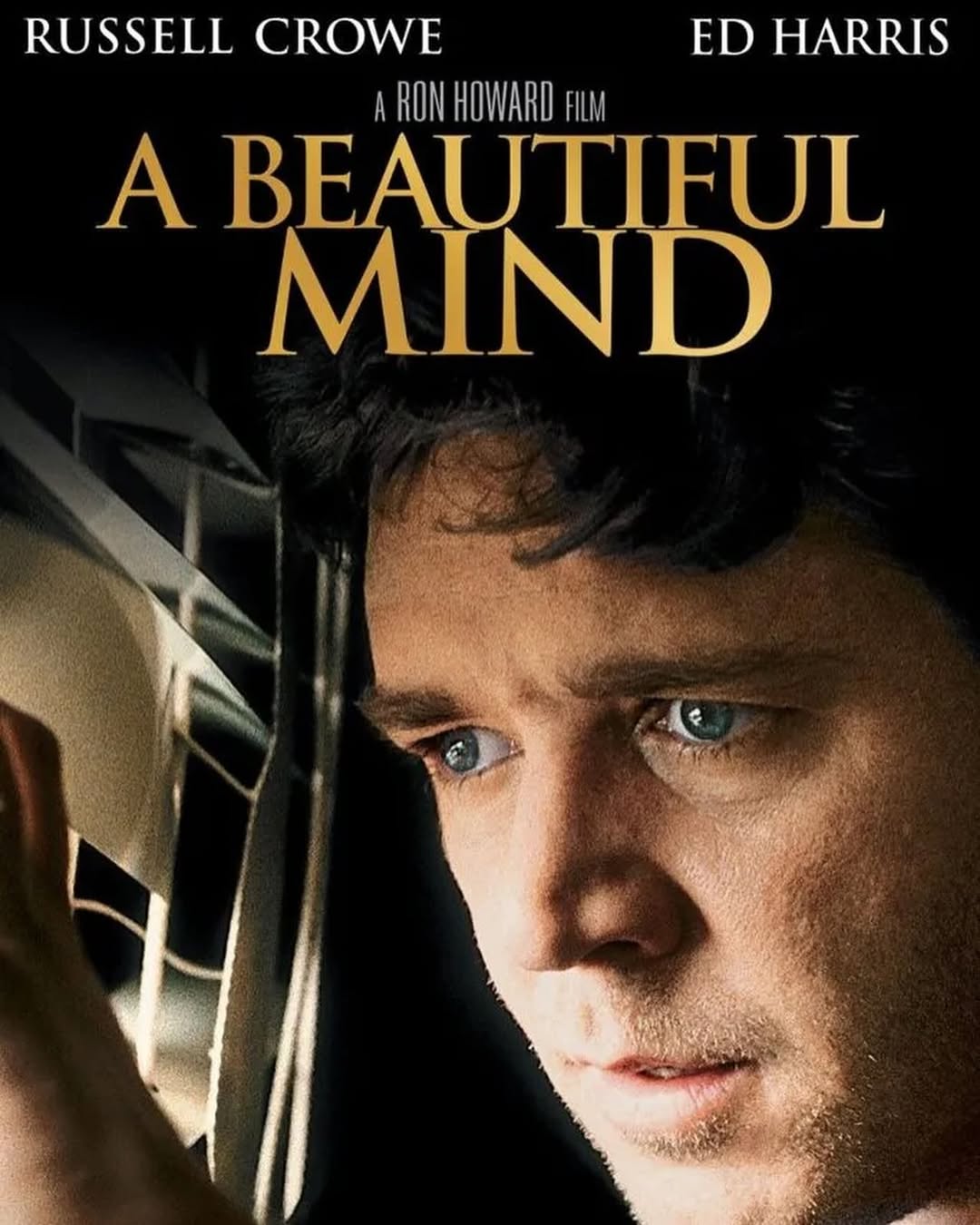
Produced by Brian Grazer, this film tells the life story of John Nash, a gifted mathematician whose ideas changed economic theory forever. He rises fast in academia, but everything shifts when paranoid schizophrenia begins to blur his sense of reality. Hallucinations and voices turn his genius into torment, testing his career, marriage and sense of self. His wife stands by him through years of treatment, frustration, and hope. What makes this film powerful is how it turns an often misunderstood condition into a deeply personal story. It shows that mental illness can coexist with genius, love, and hope, as well as the strength it takes to seek help and keep going. It is a reminder that compassion and understanding are as vital as medicine.
Silver Linings Playbook
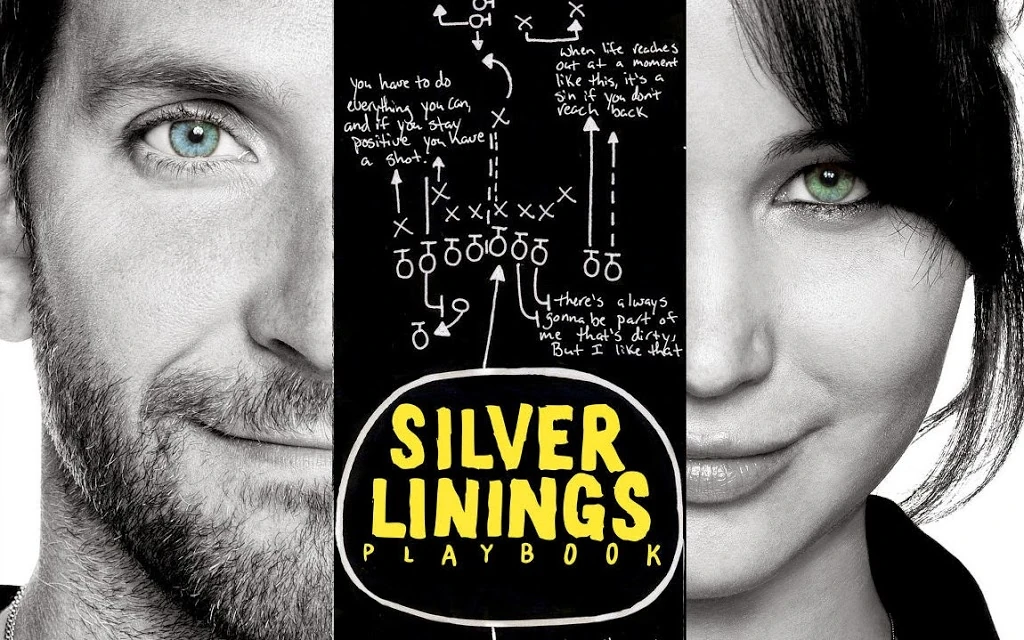
After a violent breakdown linked to his bipolar disorder, Pat returns home from a psychiatric facility determined to rebuild his life. His unrealistic plan to win back his ex-wife takes an unexpected turn when he meets Tiffany, a young widow who carries her own emotional scars. Together, they build an unlikely friendship through shared pain, dance rehearsals, and raw conversations. Produced by Donna Gigliotti, this film shows the ups and downs of living with bipolar disorder: mood swings, manic moments, emotional crashes, and the role of therapy and family support. Tiffany’s character also shows how grief and loneliness can shape behaviour. What makes this film stand out is how it mixes tenderness with honesty, showing that healing is messy, personal, and different for everyone.
One Flew Over the Cuckoo’s Nest
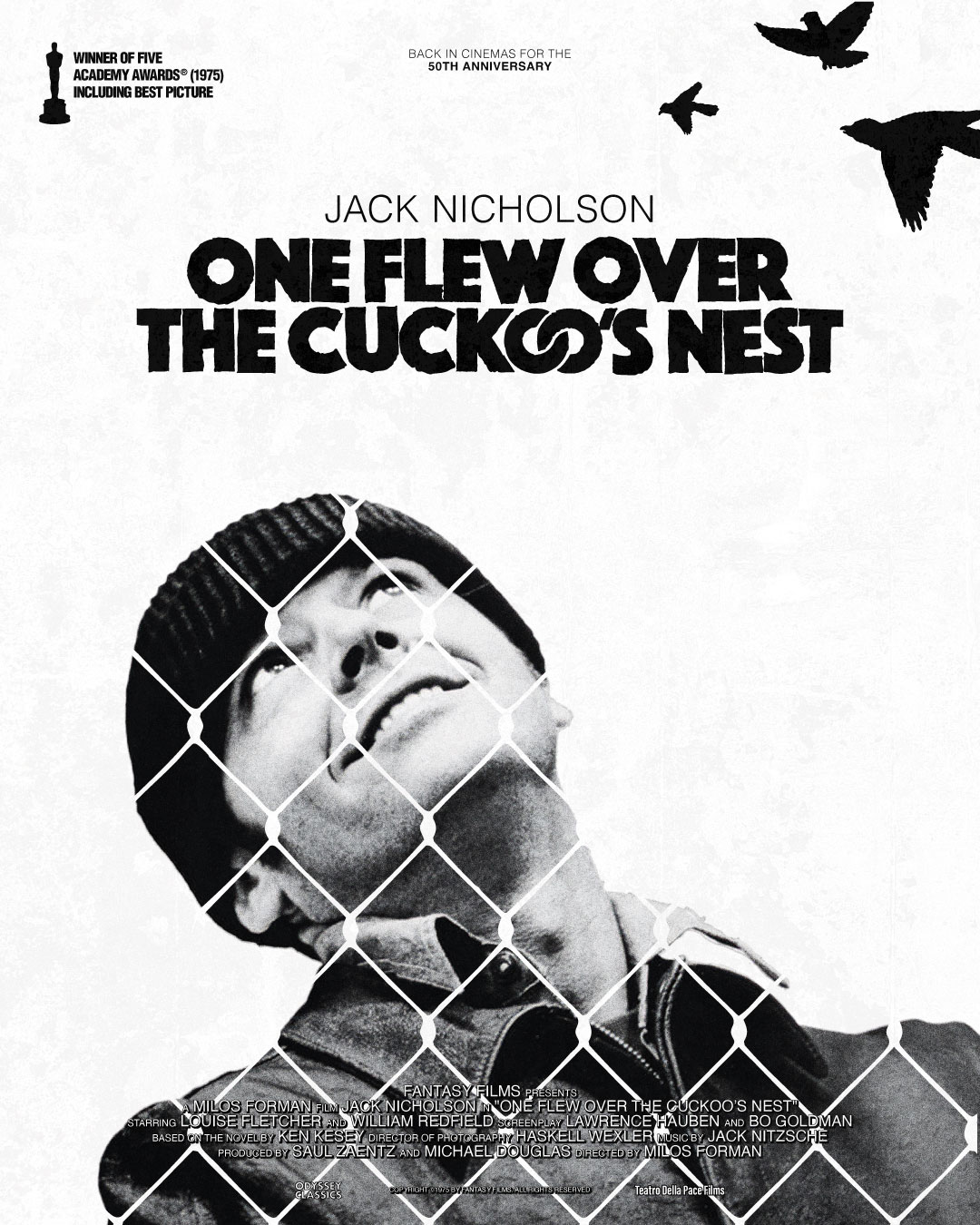
Produced by Saul Zaentz, this film is set in a psychiatric institution where rules and routines control every part of the patients’ lives. A man named McMurphy arrives hoping to avoid prison by pretending to be ill. He quickly sees how the ward is run less like a place of care and more like a system of control. Nurse Ratched rules with an iron grip. Her methods silence patients instead of supporting them. McMurphy challenges her authority, encouraging others to find their voices and believe in their worth. His rebellion exposes how cruelty and power can hide behind medical uniforms. The film does not glorify institutions. Instead, it questions their role in mental health care and shows what happens when humanity is stripped away.








